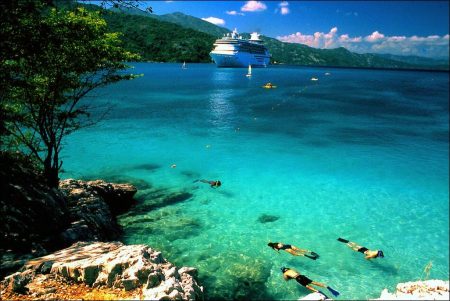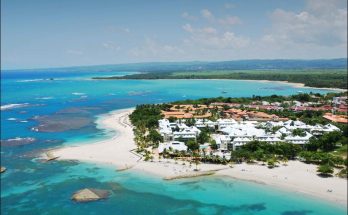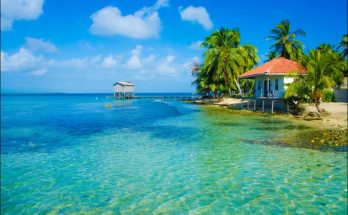Haiti occupies the western third of the island Hispaniola and a small number of West Indian islands. In geographical terms Haiti is the third largest Caribbean nation with 10,712 square kilometres of land and territorial mass. The current population of Haiti is estimated to be 8.7 million people although exact figures can not be provided as the country does not engage in a formal census process.
Historically Haiti was a nation comprised predominantly of sub tropical Rain Forests. However with a large population increase and an economy reliant upon logging the country is now semi arid desert region with only two percent of its original Rain Forests remaining. The logging industry of Haiti is used for the production of coal which is used both internally and for exportation to other Caribbean nations.
With the decline of available forestry resources the country has been sent into economical poverty and has been identified by the United Nations Human Development Index as the least developed low income country in the Caribbean and is the poorest nation in the western hemisphere.
There has been negative economic growth in Haiti since 2000. The Haitian economy is now reliant upon foreign aid to support itself. A continuation for Haiti’s economic performance is its poor standard of education with 52.9% of the population being illiterate.
With 75% of the population living in abject poverty the population is heavily reliant upon the agricultural industry for small scale subsistence. As the agricultural industry is the main provider for the Haitian people the industry employs 70% of the countries workforce. The poor economic performance of Haiti has also resulted in a substandard healthcare system and the inability to curve the rising AIDS epidemic.
The Haitian government is based upon a republican political system where it has a President as Chief of State and a Prime Minister as Head of Government. The political systems in Haiti are amongst the most unstable encountered through the developing world.
The political and economic unrest encountered in Haiti prevents it from becoming a country which can be reliant upon the tourism industry for trade dollars. The United Nations has identified that Haiti is a haven for kidnappers taking western visitors hostage for economic gain. As government security infrastructure is poorly resourced the police and military forces are unable to ensure the safety of business and tourist visitors to the country.
The violence encountered throughout Haiti has led to the establishment of an 8,000 strong peace keeping force being established by the United Nations. The United Nations Stabilization Mission in Haiti (MINUSTAH) has been in place since 2004 to curb escalating rates of violence and criminally induced death. The United Nations Peace Keeping Force also works strongly to deter Colombian cocaine traffickers from using the ports of Haiti as an export base to US and European drug markets. Colombian cocaine traffickers have long favoured Haiti as a transhipment point because of its ease to launder money and find corrupt officials.
Views: 60



